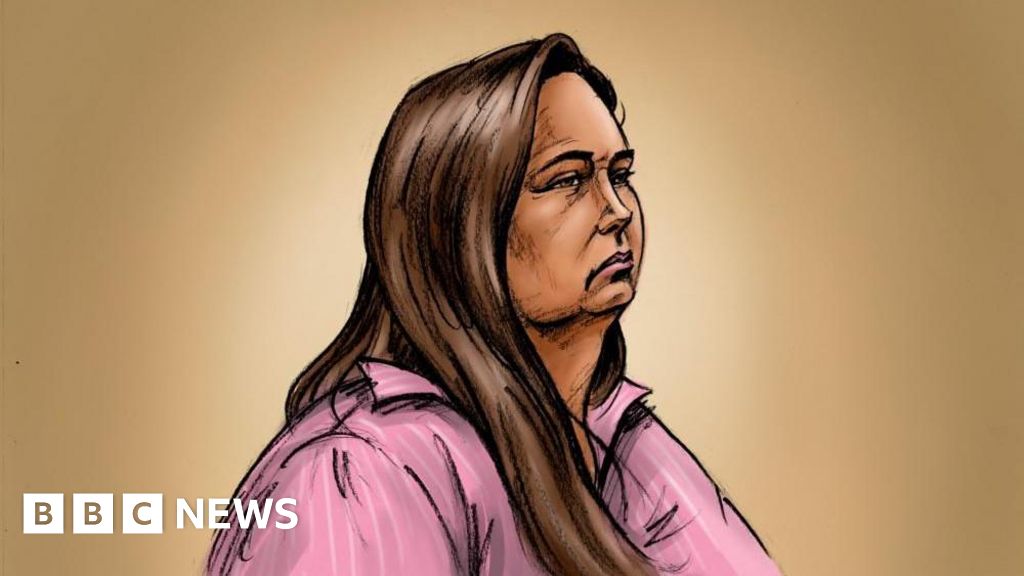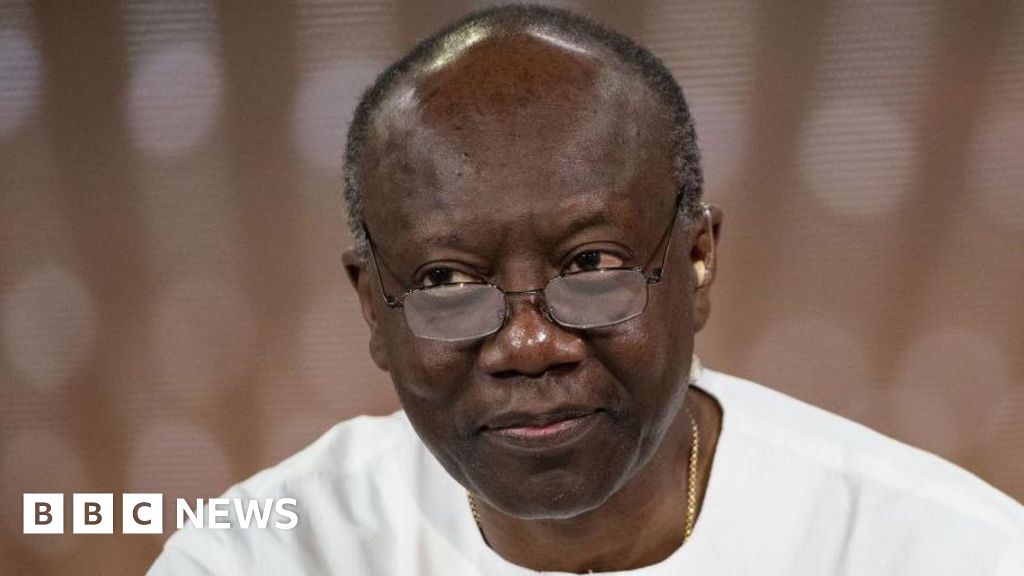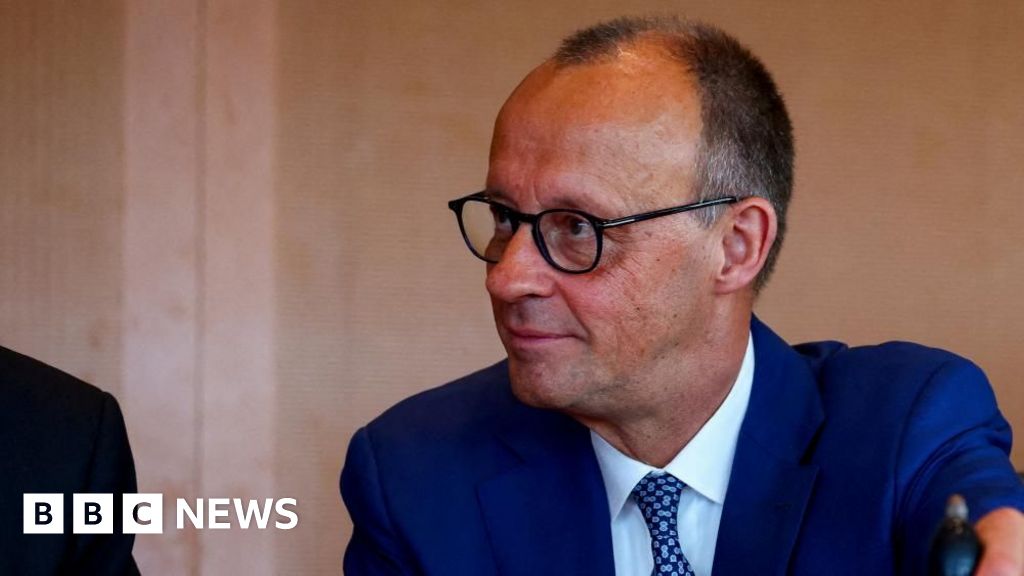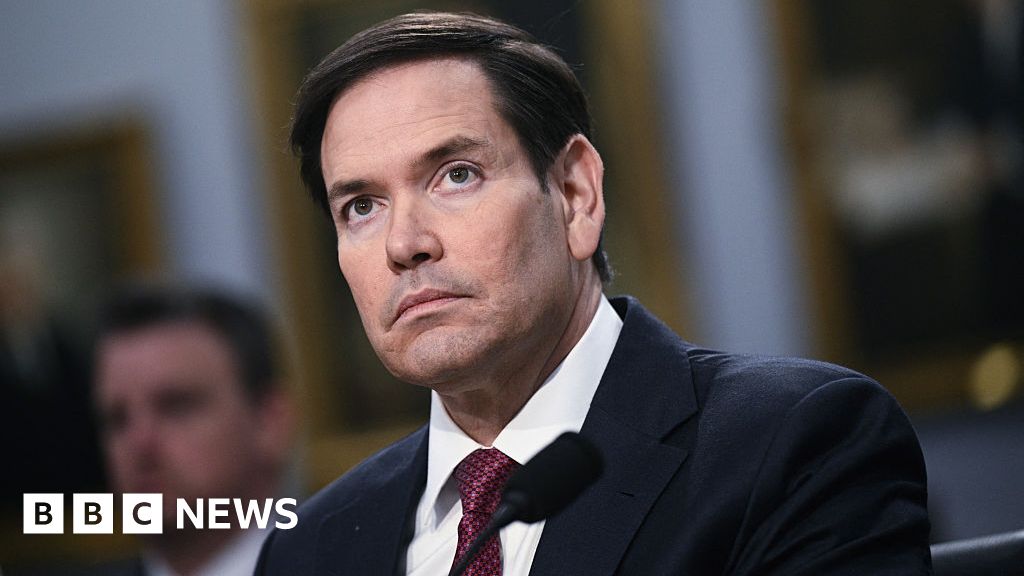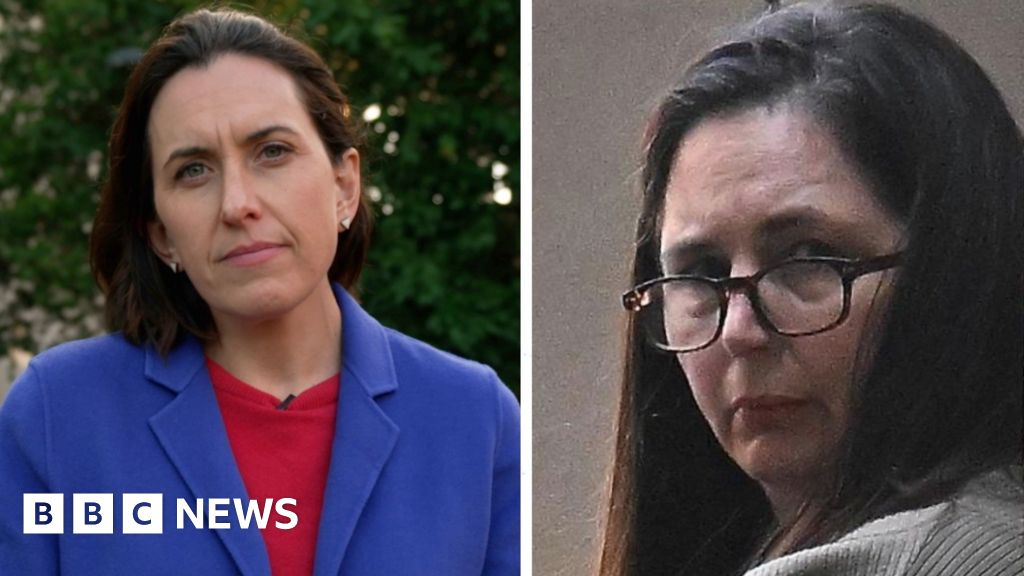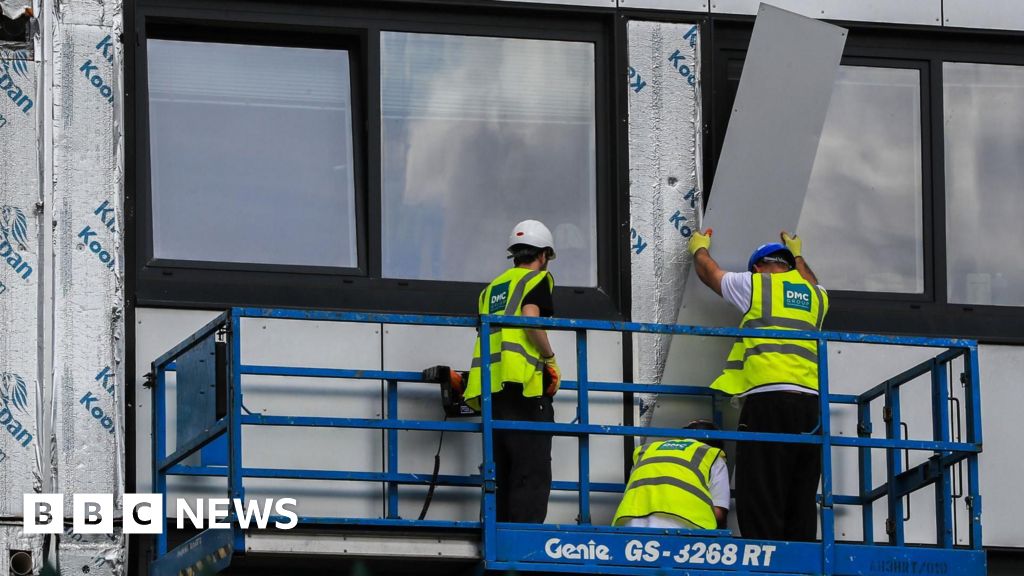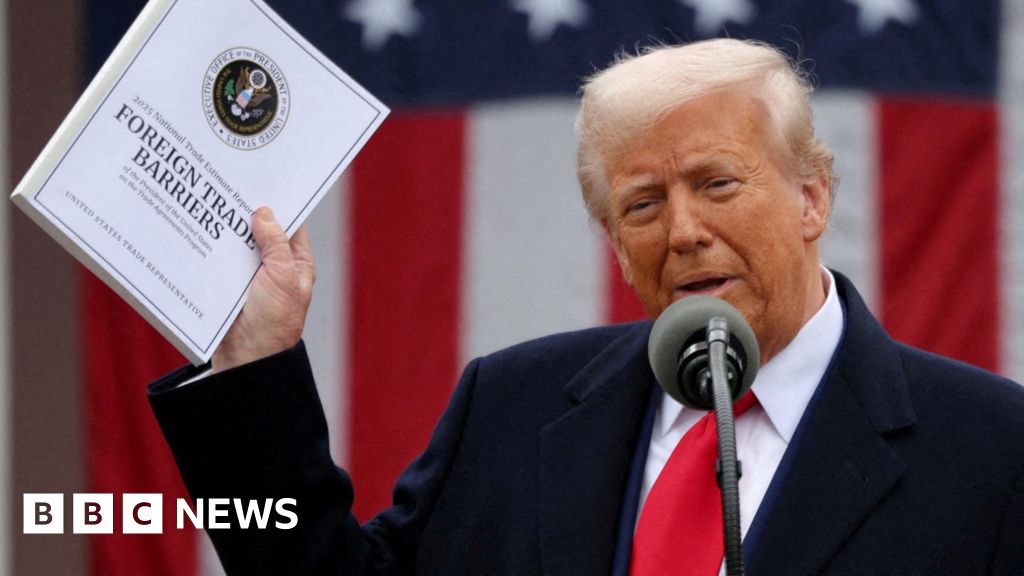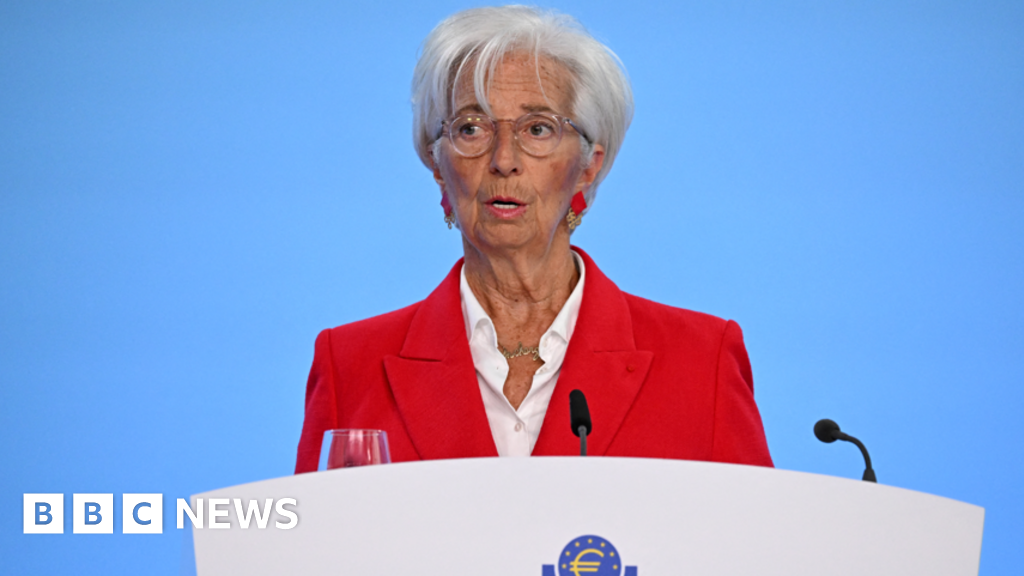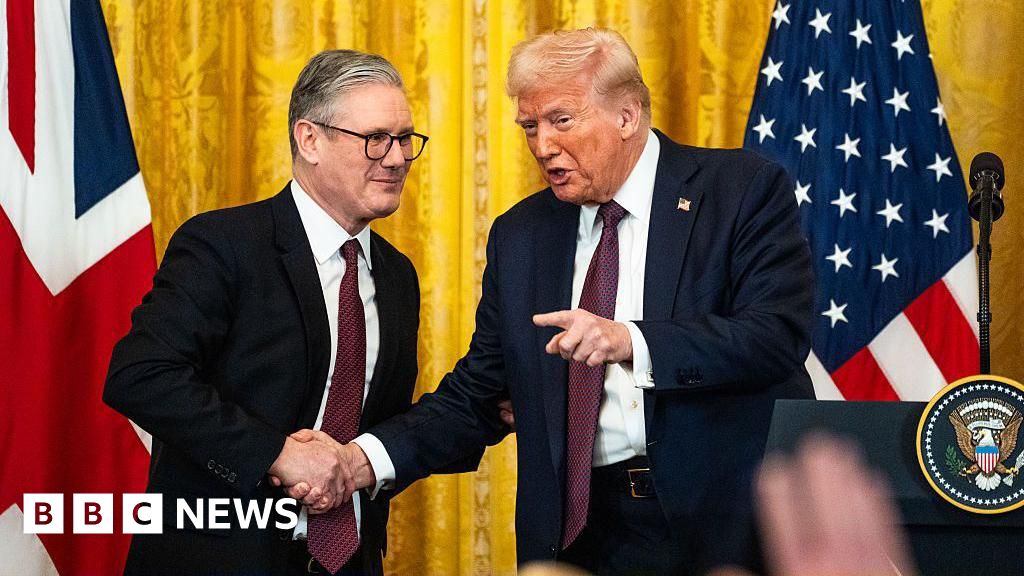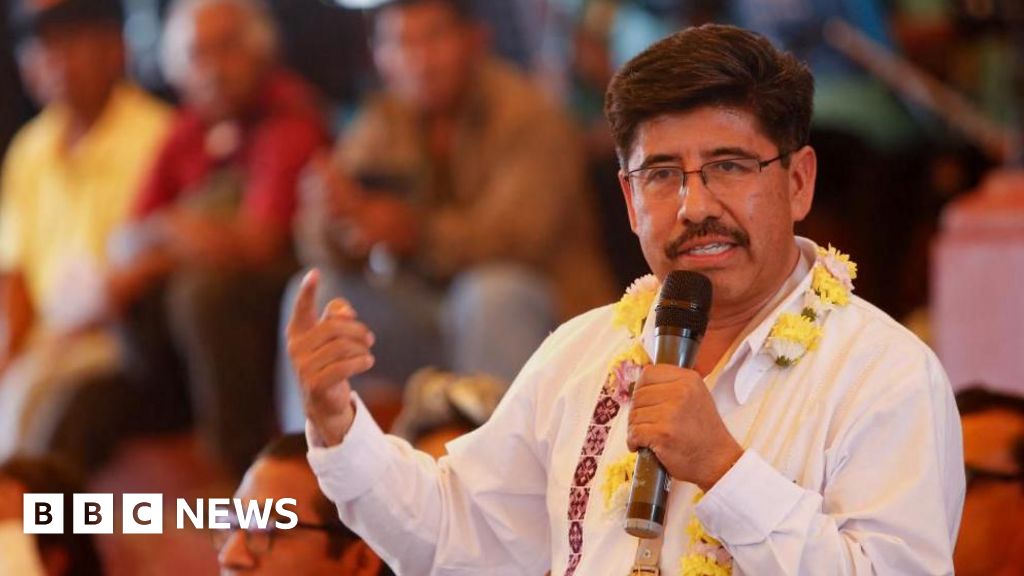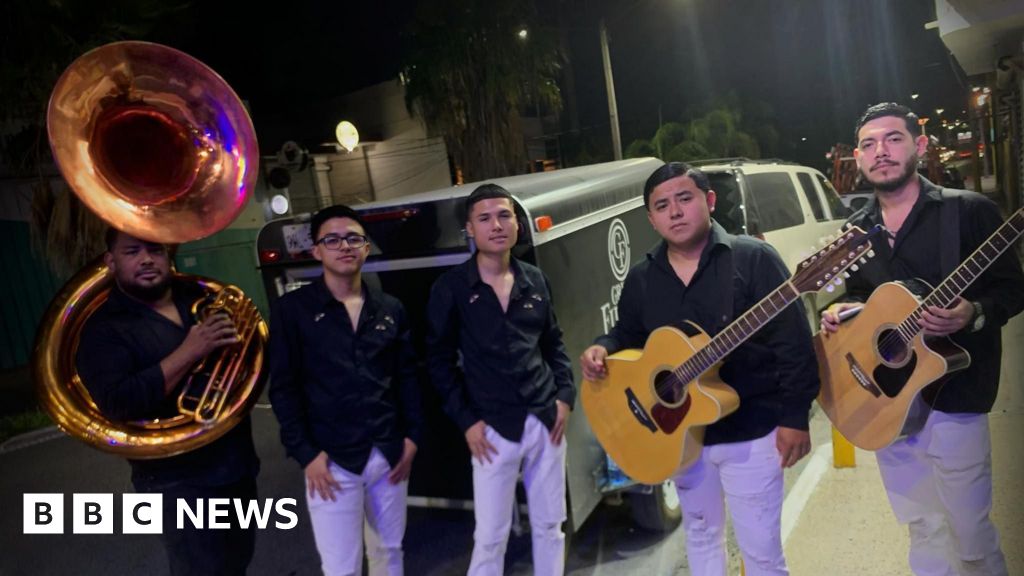An indigenous lawyer, Hugo Aguilar, looks set to become Mexico’s new chief justice following Sunday’s ground-breaking judicial election.
Mexicans were asked to choose the country’s entire judiciary by direct ballot for the first time after a radical reform introduced by the governing Morena party.
With almost all the votes for the Supreme Court counted, Mr Aguilar was in the lead for the top post.
President Claudia Sheinbaum declared the elections a success, even though turnout was low at around 13%.
Electoral authorities said Mr Aguilar, who is a member of the Mixtec indigenous group, was ahead of Lenia Batres, the candidate who had the backing of the governing Morena party.
Hugo Aguilar has long campaigned for the rights of Mexico’s indigenous groups, which make up almost 20% of the population according to the 2020 census in which people were asked how the identified themselves.
For the past seven years, the 51-year-old constitutional law expert has served as the rights co-ordinator for the National Institute of Indigenous Peoples (INPI).
He was also a legal advisor to the Zapatista Army of National Liberation (EZLN) – an indigenous guerrilla group which staged a short-lived uprising in southern Chiapas state in 1994 – during the EZLN’s negotiations with the government in 1996.
During his campaign for the post of chief justice he had said that it was “the turn of the indigenous and Afro-Mexican peoples to take a seat in the Supreme Court”, accusing the highest court of being stuck in the past and wedded to “principles which don’t drive real change for the people”.
Candidates with links to the governing Morena party look set to win the majority of the remaining eight posts on the Supreme Court, according to early results.
Critics of the judicial reform which led to the direct election of all the country’s judges say the dominance of the governing party is undermining the judiciary’s independence.
Those who backed the reform argued that it would make the judiciary more democratic and beholden to voters.
However, the turnout was the lowest in any federal vote held in Mexico, suggesting that there was little enthusiasm among voters for choosing members of the judiciary directly.

